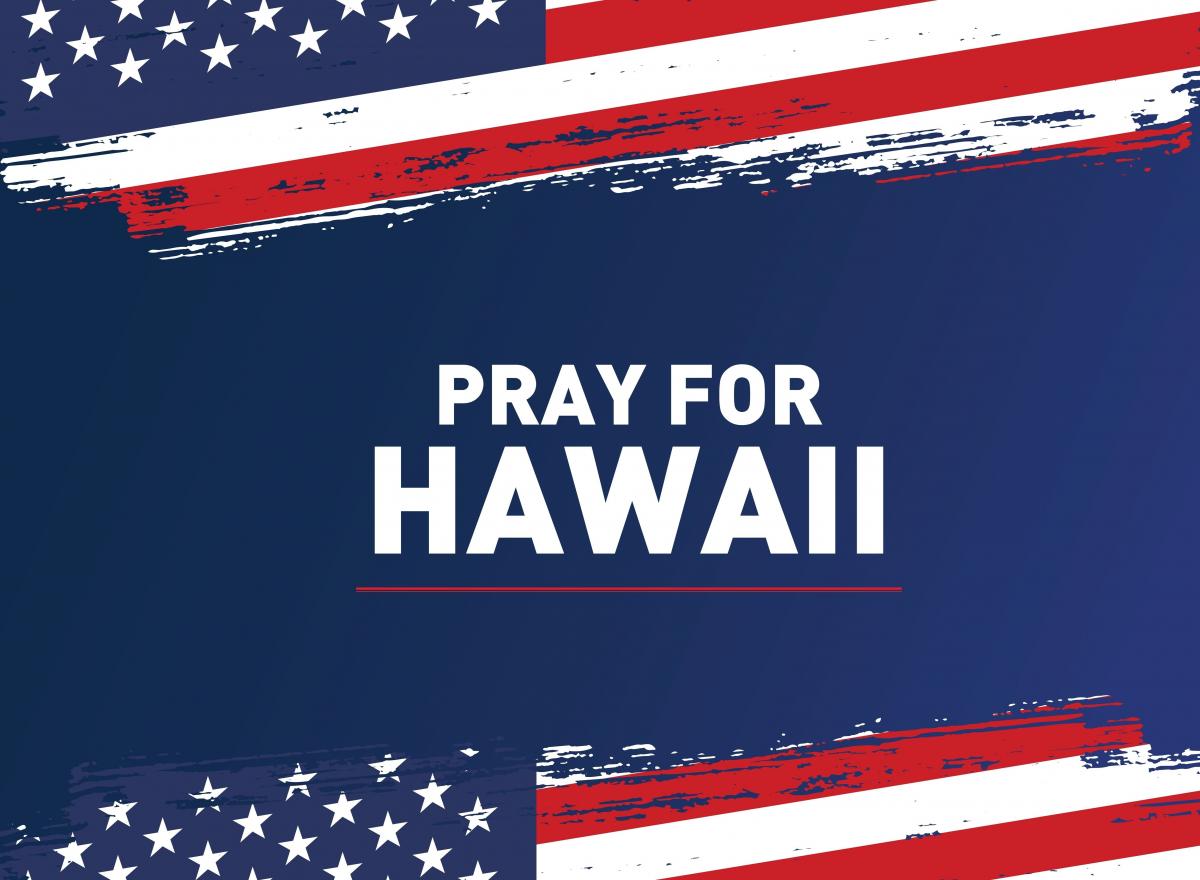The aftermath of the disaster in Lahaina, Maui, continues to unfold—as of Wednesday, 115 people have lost their lives, with over 1,000 still missing.
Over 2,000 buildings were destroyed or damaged by the fire (about 86% residential) at a cost of $5.5 billion, according to the University of Hawaii’s Pacific Disaster Center.
As community members, we bowed our heads to pay our respects to those lost and stood up to help those in need.
The Hawaiian language has a commonly used word, Kōkua, which means “to help,” with a further interpretation that means bear and carry on one’s back without reasoning or self-interest. When you see work that needs doing, you just step in and kōkua.
As the horror unfolded two weeks ago, one way for our retirement plan/wealth management firm to help was to contact recordkeepers to prepare for SECURE 2.0, Section 331, participant distributions, which is the new and permanent disaster distribution provision.
Section 331 specifically allows plan participants to use retirement funds in the case of a qualified disaster. Before SECURE 2.0’s passage, the IRS would grant relief on a case-by-case basis when declaring a qualifying emergency, but no longer, and relief is now the law.
Distributions are limited to $22,000 per disaster (rather than the usual $100,000) and may be repaid in the three-year period after the distributions. The income inclusion is spread over three years. In addition, a loan may be available with an increased limit of $100,000 or 100% of the vested balance.
I’ve spent the last week and a half trying to sort out exactly how to implement the Section 331 process for people impacted by the fire.
To our dismay, only one recordkeeper responded quickly, acknowledging that the process exists, and provided a form for our review and use.
Others sent their standard hardship withdrawal form, but this is a special type of qualifying distribution. To date, the situation is unresolved, although we’re leaning heavily on ERISA counsel to help us through the process.
Yet, despite our frustration, we are nonetheless very grateful that such a provision was made permanent and includes flexible and straightforward options. Still, it’s now August, a major disaster has occurred, and an essential provision like this can no longer be overlooked.
As with all disasters, our nation learns how to improve on process, response, support, and the need for ongoing resilience. Our industry needs to focus on priorities to ensure we can do better, too.
What happened to Maui demonstrates how quickly a disaster can strike and how assistance is needed. You never know when your kōkua may be required. We all owe it to the communities we serve to be ready to step in whenever possible.
Peter Tsukazaki, AIFA®, QPFC, TGPC, is Managing Partner of TAO Investments Hawaiʻi.

